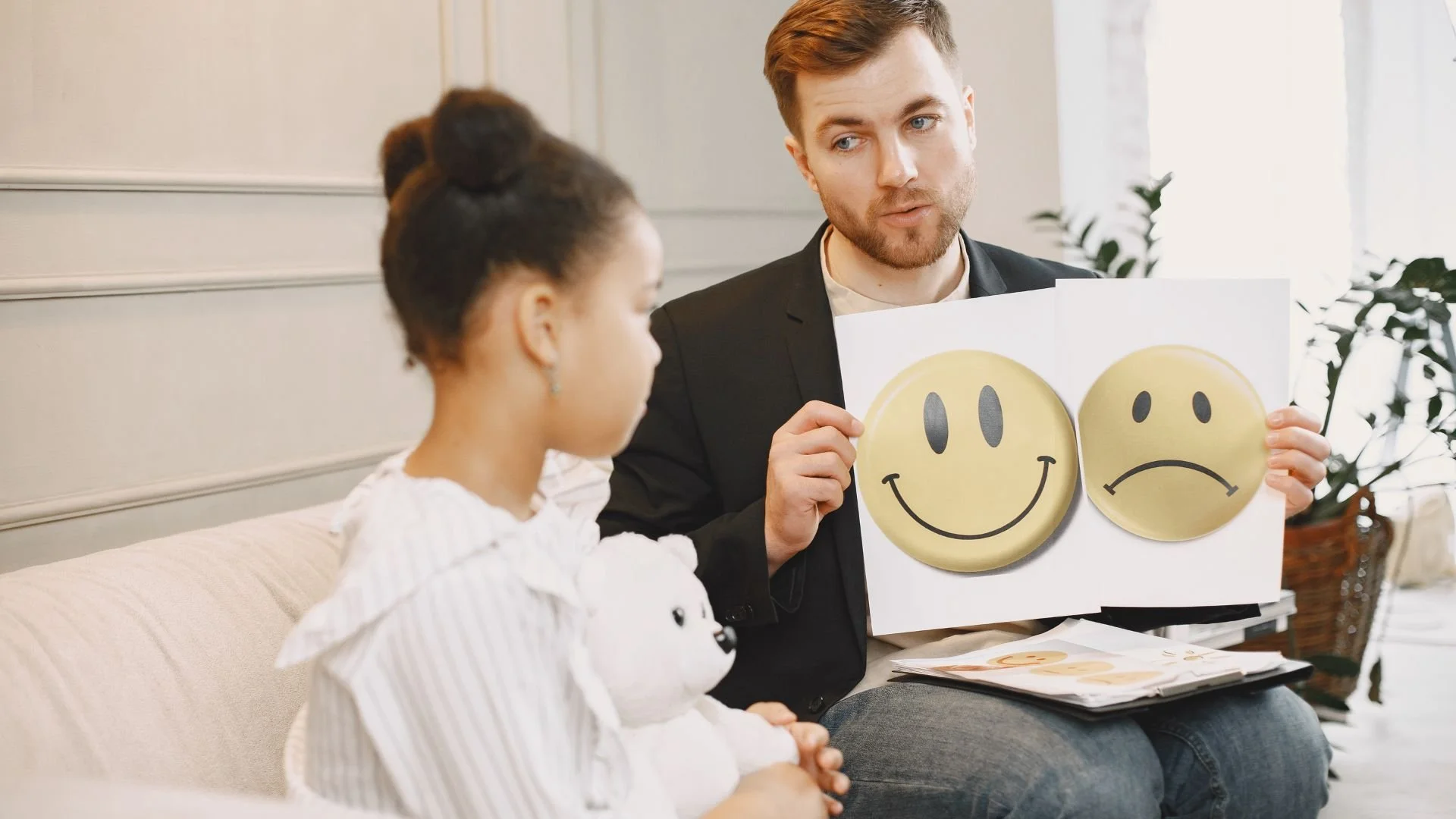In the intricate tapestry of human development, the formative years of childhood are pivotal. It is during this time that young minds undergo rapid growth and transformation, laying the foundation for their future well-being and success. However, navigating the complexities of childhood can sometimes present challenges, both for children and their caregivers. This is where the invaluable support of child counseling comes into play, providing a guiding light through the maze of emotions, behaviors, and experiences that shape a child's world.
Understanding the Role of Child Counseling
Child counseling is a specialized field within mental health care that focuses on supporting children and adolescents in overcoming various challenges and promoting their emotional and psychological well-being. Unlike traditional therapy for adults, child counseling is tailored to the unique needs, developmental stages, and communication styles of young individuaFls.
The primary goal of child counseling is to empower children to develop healthy coping mechanisms, build resilience, and navigate life's complexities with confidence and self-assurance. Through a combination of therapeutic techniques, play-based interventions, and age-appropriate strategies, child counselors create a safe and nurturing environment where children can explore their thoughts, feelings, and experiences.
The Journey of Child Counseling: A Collaborative Approach
The journey of child counseling is not a solitary one but rather a collaborative effort that involves the child, their caregivers, and the counselor working together as a team. Central to this collaborative approach is the establishment of a trusting and empathetic relationship between the child and the counselor, built on mutual respect and understanding.
During the initial stages of counseling, the child counselor conducts a comprehensive assessment to gain insights into the child's strengths, challenges, and unique needs. This may involve gathering information from the child, their parents or guardians, teachers, and other relevant stakeholders. By gaining a holistic understanding of the child's context and experiences, the counselor can tailor their approach to address specific concerns effectively.
Empowering Young Minds: Key Principles of Child Counseling
Empowerment lies at the heart of child counseling, guiding every interaction and intervention. Through a strengths-based approach, child counselors help children recognize their inherent resilience and capabilities, fostering a sense of agency and self-efficacy. By focusing on strengths rather than deficits, counselors empower children to overcome obstacles and embrace their full potential.
Additionally, child counseling emphasizes the importance of fostering a supportive and validating environment where children feel heard, understood, and valued. Through active listening, empathy, and non-judgmental acceptance, counselors create a safe space for children to express themselves freely and explore their emotions without fear of criticism or rejection.
The Impact of Child Counseling: Nurturing Resilience and Well-being
The impact of child counseling extends far beyond the counseling room, influencing every aspect of a child's life. By equipping children with essential life skills such as emotional regulation, problem-solving, and effective communication, child counselors empower them to thrive in various domains, including academic achievement, interpersonal relationships, and personal growth.
Moreover, child counseling plays a crucial role in early intervention and prevention, addressing issues such as anxiety, depression, trauma, and behavioral difficulties before they escalate into more significant challenges. By providing timely support and guidance, counselors help children develop healthy coping mechanisms and build resilience, laying the groundwork for lifelong well-being and success.
Conclusion:
In an ever-changing and complex world, the importance of nurturing young minds cannot be overstated. Child counseling serves as a beacon of hope and support for children and adolescents, guiding them through the ups and downs of growing up and empowering them to realize their full potential. By fostering resilience, promoting emotional well-being, and instilling essential life skills, child counselors play a vital role in shaping the future generation, ensuring that every child has the opportunity to thrive and flourish.
If you believe your child could benefit from the support and guidance of our experienced counselors at Wake Counseling and Mediation, don't hesitate to reach out to us today. Our compassionate team is dedicated to providing personalized care and empowering young minds to overcome challenges and embrace their strengths. Contact us now to schedule an appointment and take the first step towards a brighter future for your child.






